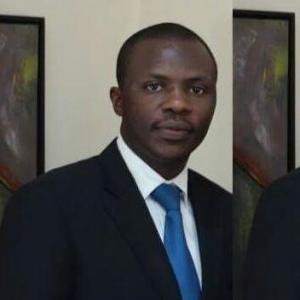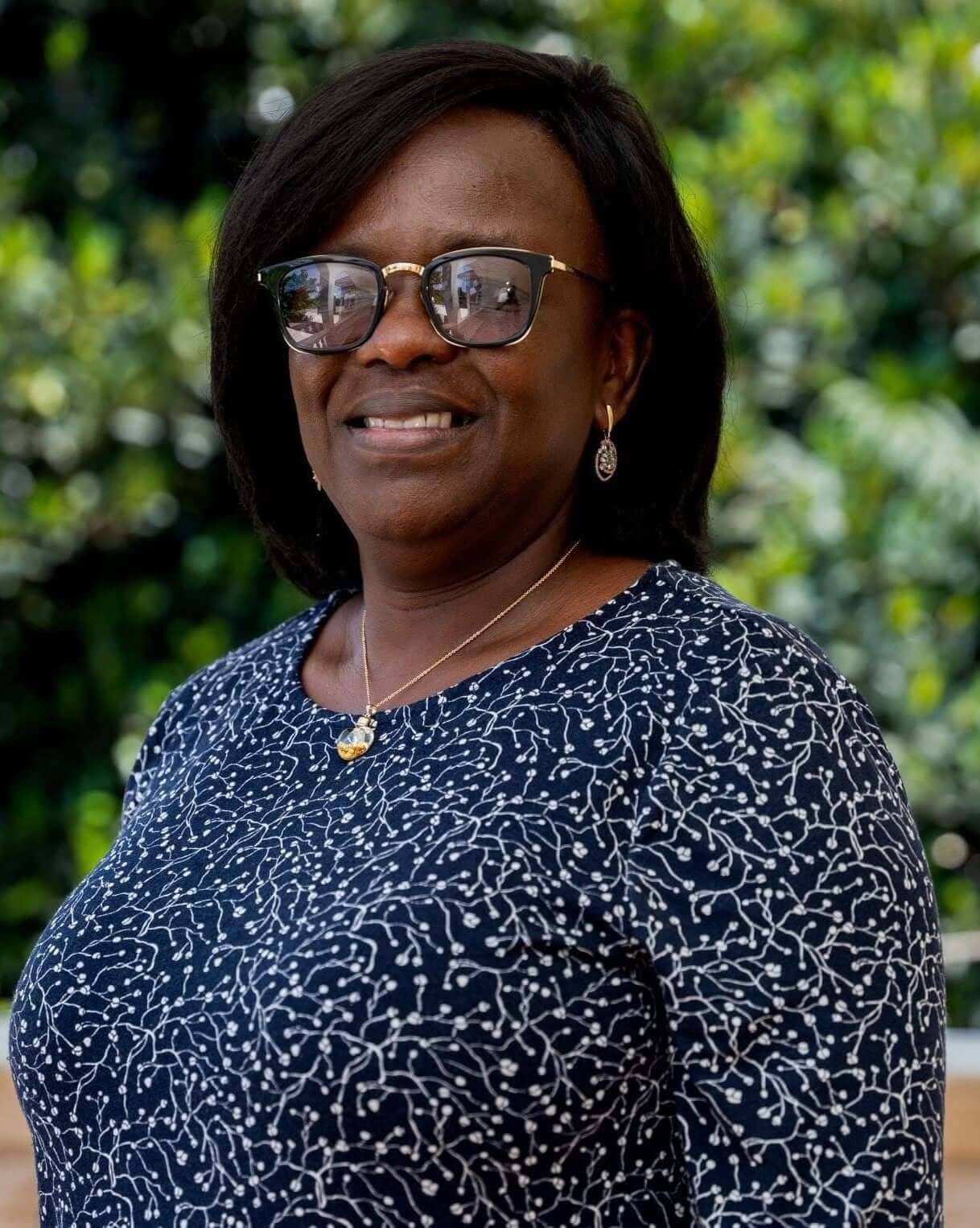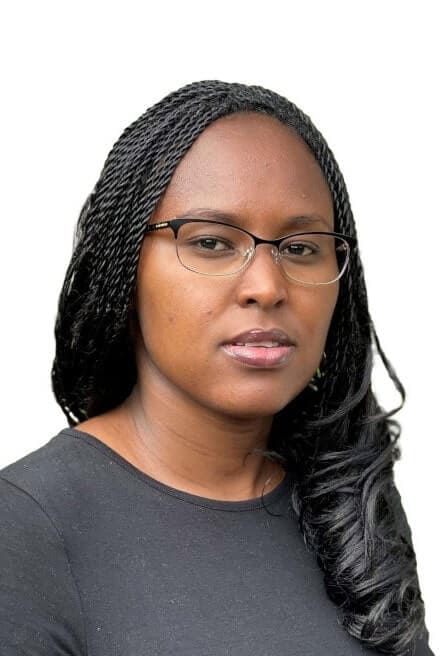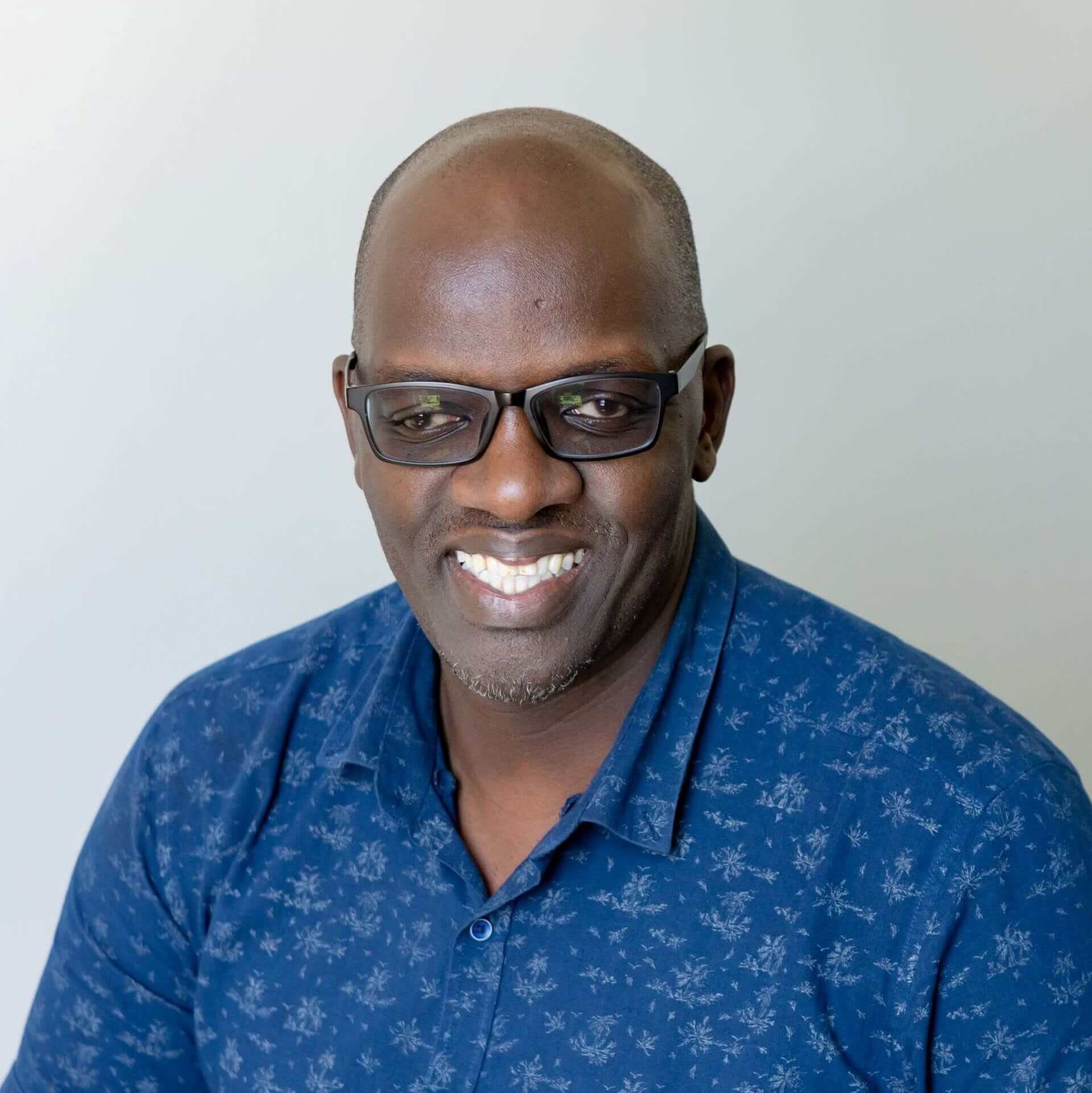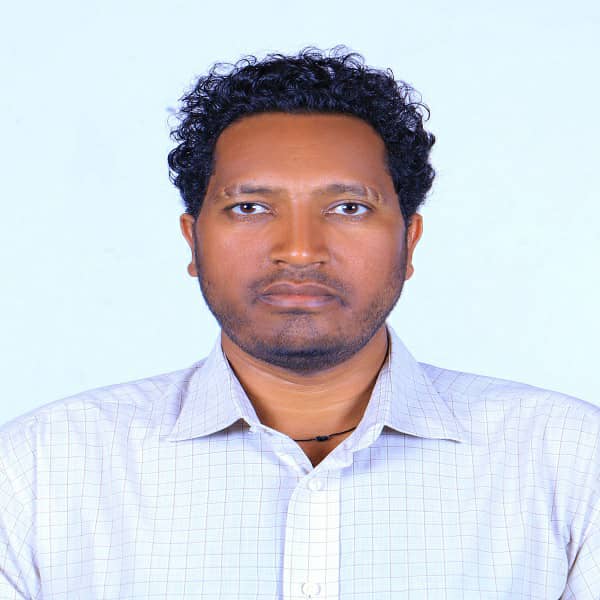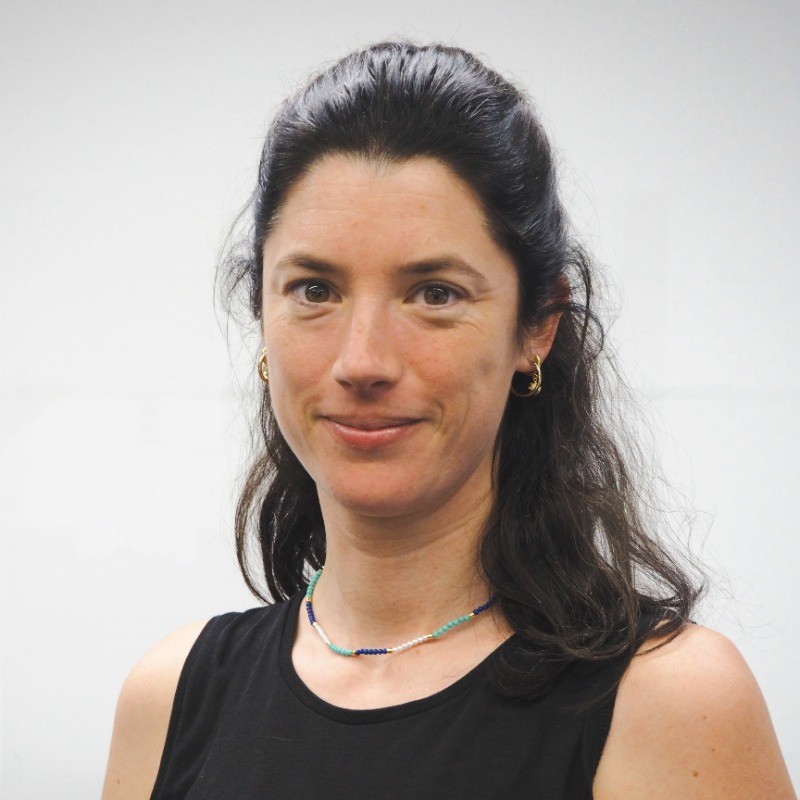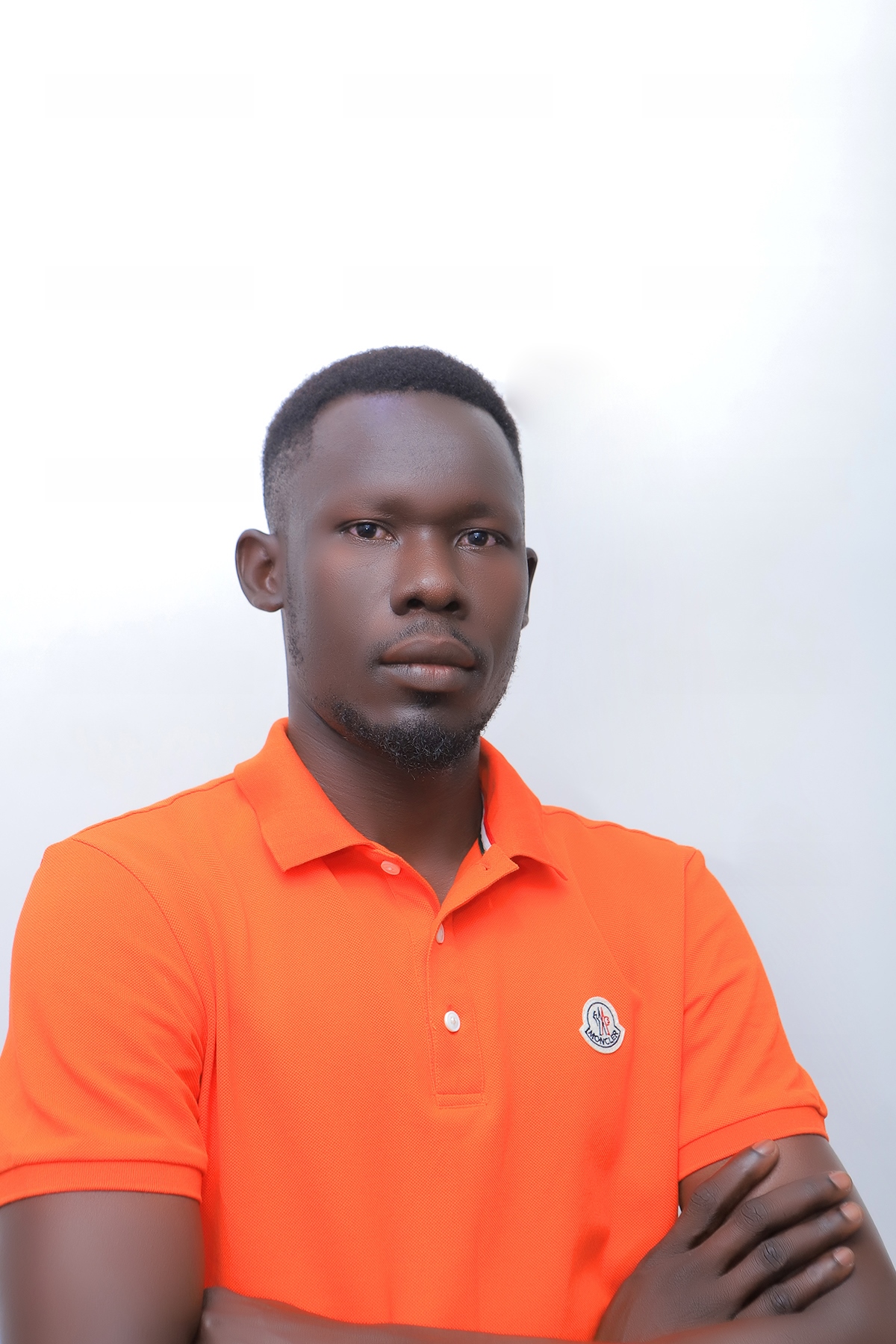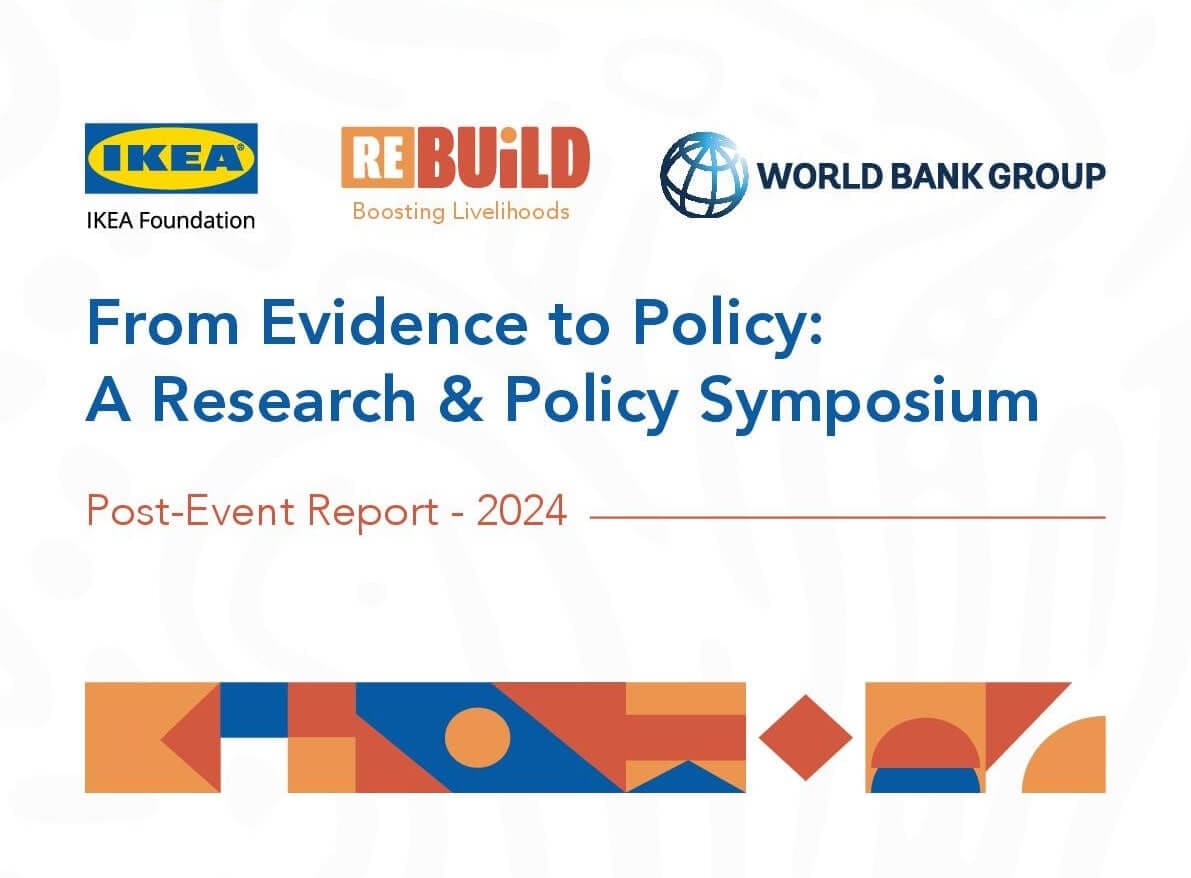About the Symposium
Throughout the two-day event, we were privileged to hear from a diverse group of researchers, policymakers, and field experts who shared valuable insights into the critical areas of access to finance, social protection, jobs and skills development, justice, and legal identity. The collaborative dialogue and exchange of research findings have set a strong foundation for shaping policies that positively impact refugee communities.
We are appreciative of the +1,000 in-person and virtual attendees who participated in the event and contributed to the important conversations. The Next Research & Policy Symposium is scheduled for 2026.
-
Access full recordings of the sessions here
-
Access the papers presented at the symposium here
-
Access the post-event report here. The report includes a summary of the evidence, policy recommendations and conclusions
-
Access participant reflections here
Evidence presented:
(Links available for finalized papers only)
Session: Situating the dialogue
Session: Situating the evidence: Overview of the policy and practice status
-
Bridging poverty graduation and market systems development a sustainable solution to economic inclusion in protracted displacement settings | John Ilima, Kari Diener, Rahul Mitra - RSRI/RefugePoint, Mercy Corps/Village Enterprise DREAMS consortium and the Danish Refugee Council (Link to paper will be updated soon)
-
The Self-Reliance Evidence Review (SRER) | Kari Diener – RSRI/RefugePoint (Link to paper)
Session: Spotlight 1: Is a combination of mentorship + cash grants the key to transform livelihood outcomes? Launching Re:BUiLD’s Wave 1 Randomized Control Trials (RCT) results
-
Benefits of cash alone and cash + mentorship for Kenyan and refugee micro-entrepreneurs in Nairobi, Kenya | Sana Khan – Princeton University and Beatrice Leydier – Georgetown University (Link to paper will be updated soon)
-
Mentoring Small Businesses: Evidence from Uganda | Thomas Ginn - CGD (Link to paper will be updated soon)
Session: Access to finance & microenterprises evidence deep dive
-
UNHCR Endline Performance Evaluation of the Phase 3 IKEA Foundation Livelihoods, Energy and Environment Projects Among Somali Refugees and Host Communities in Ethiopia | Yazan Abdallah – UNHCR in partnership with TANGO International (Link to paper will be updated soon)
-
“I’d rather pay for the tea” – bribes and refugee livelihoods in Nairobi | Jack Makau IIED and SDI-Kenya (Link to paper)
-
Scaling refugee-owned MSMEs: Assessing effects of targeted capacity-building and inclusive financing on livelihoods in Kakuma, Kenya | Rohin Onyango - Inkomoko (Link to paper)
-
Livelihoods of IDPs residing in towns and cities in Ethiopia | Caitlin Sturridge - ODI (Link to paper will be updated soon)
Session: Access to jobs and skills development evidence deep dive
-
Improving Employment and Social Cohesion among Refugee and Host Communities through TVET | Abis Getachew - Jigjiga University (Link to paper)
-
Designing a Randomized Controlled Trial on Livelihoods for Refugees and Hosts: The Case of Re:BUiLD in Kampala | Thomas Ginn - CGD (Link to paper)
-
Unlocking Potential: Digital Freelancing as a Pathway for Refugee Economic Empowerment | Lorraine Charles - Na’amal and Jobtech Alliance (Link to paper will be updated soon)
Session: Access to justice and legal identity evidence deep dive
-
Legal barriers encountered by women in the Kyangwali Refugee Settlement | John Emmanuel Dei – through Refugee Led Research Hub (Link to paper will be updated soon)
-
Examining the Dynamics of Protection and Promotion of Durable Solutions for Urban Refugees in Addis Ababa, Ethiopia | Dr. Alemu Asfaw Nigusie - Bahir Dar University (Link to paper will be updated soon)
-
Understanding Socio Economic Barriers for Refugees in Kenya: Challenges with Registration and Documentation at Kakuma Refugee Camp | Rai Friedman - Global Rights Defenders (Link to paper will be updated soon)
Session: Access to social protection evidence deep dive
-
Cash transfers amid shocks: A large, one-time, unconditional cash transfer to refugees in Uganda has multidimensional benefits | Emmanuel Rukundo - IDInsight and Apata Insights (Link to paper)
-
Impact Evaluation of a Cash Transfer and Psychosocial Training Program for Refugees in Kenya | Antonia Johanna Sophie Delius - World Bank, UNHCR and University of California, Berkeley (Link to paper will be updated soon)
-
Influence of Drought on Livelihoods’ Adaptive strategies of refugees with physical disabilities in Kakuma refugee camp | Muraya Peter - through the Refugee Led Research Hub (RLRH) (Link to paper)
-
Area-Based Assessments on Movement, Livelihoods, and Access to Basic Services in Adjumani Town and Mbarara City, Uganda | Melle Van-Hilten - IMPACT Initiatives (Link to paper)
Session: Spotlight 2: Building Evidence to Enhance Livelihoods of Refugees and Host Communities
Meet The Speakers
Keynote speakers and panelists
Dr. Douglas Karekona Singiza
Civil Division of the High Court - Uganda
Jashon Awuor
Government of Kenya
Patrick Okello
Commissioner for Refugees Management, Uganda
Rahel Kassa
Policy Advisor, National ID Program of Ethiopia
Fresiah Wanjiku Gathumbi
National Legal Aid Service (NLAS), Kenya
Banchiamlack Dessalegn
International Rescue Committee (IRC)
Precious Zikhali
World Bank
Miguel de Corral
World Bank
Jane Mjambere
Refugee Women in Nairobi CBO
Mohamed Hassan
Refugee-Led Research Hub
Moderators
Caroline Njuki
International Labour Organization
Caroline is the Chief Technical Advisor on jobs and skills development with the ILO in Kenya since 2019. She has over a decade of experience in migration, forced displacement, and employment policy, having held senior roles with IGAD, IOM, and various organizations in the Horn of Africa.
Rufus Karanja
Embassy of the Switzerland
Rufus Karanja is a Forced Migration and Human Rights Expert with over 14 years of experience in humanitarian, development, and peace-building programming across the East and Horn of Africa. Currently serving as a National Programme Advisor at the Embassy of Switzerland, he specializes in policy advocacy and durable solutions for displacement-affected communities.
Andrew Maina
Regional Durable Solutions Secretariat (ReDSS)
Andrew is the Regional Durable Solutions Coordinator with the Regional Durable Solutions Secretariat (ReDSS). He has over a decade of experience in forced migration across Kenya and Somalia, specializing in advocacy, research, M&E, and program management.
Kari Diener
Refugee Self-Reliance Initiative
Kari is the Executive Director of the Refugee Self-Reliance Initiative (RSRI), leading a global network of over 250 organizations to advance refugee self-reliance through effective policies, research, and practice. Previously, she served as Country Director for Mercy Corps in Jordan, overseeing $90 million in humanitarian aid, and as Deputy Director for Policy and Advocacy, focusing on refugee emergencies and aid reform.
Marion Kimani
IFC Africa - World Bank
Marion Kimani is an Operations Officer in the Forced Displacement Program of IFC’s Africa Fragility Unit, driving private sector development in refugee-hosting areas across Kenya, Uganda, Ethiopia, Sudan, and Egypt. She is dedicated to improving the lives of refugees and displaced persons by implementing innovative solutions in climate change, renewable energy, finance, food security, water, and agriculture.
Brian Ssebunya
International Rescue Committee (IRC)
Brian Ssebunya, Ph.D is the Senior Director of Economic Recovery and Development at the International Rescue Committee, with over two decades of experience in food security, livelihoods, and economic development. He has held leadership roles across Africa, driving programs in climate-smart agriculture, enterprise development, and natural resource management. With a Ph.D. from the University of Natural Resources and Life Sciences, Vienna, Brian has also contributed as a researcher, technical advisor, and educator, focusing on sustainability and resilience in marginalized communities.
Priscilla Dembetembe
Re:BUiLD - IRC
Priscilla is the Project Director of Re:BUiLD at the International Rescue Committee, that drives innovative solutions for urban refugees and vulnerable host communities. She has over 20 years of experience managing humanitarian and development programs across East and Southern Africa, with a focus on women and youth.
Belinda Muya
Re:BUiLD - IRC
Belinda is the Deputy Project Director of Re:BUiLD at the International Rescue Committee, that drives innovative solutions for urban refugees and vulnerable host communities. She has over a decade of experience in program management, advocacy, policy evaluation, and socio-economic development planning.
Presenting Researchers
Antonia Delius
World Bank
Antonia is a researcher focused on understanding the socioeconomic challenges of vulnerable groups and improving livelihoods for displaced communities and their hosts in East Africa. She collaborates with the World Bank’s Poverty and Equity Global Practice on the Kenya Analytical Program on Forced Displacement, conducting surveys, impact evaluations, and capacity-building initiatives.
Mirko Vintar is a Consultant in the World Bank’s Poverty and Equity Global Practice, specializing in forced displacement and refugee integration into labor markets. He currently coordinates the analysis of the second wave the Kenya Longitudinal Survey of Refugees and Host Communities, implemented under the Kenya Analytical Program on Forced Displacement (KAP-FD).
Rai Friedman
Global Rights Defenders
Rai Friedman is the Founder and CEO of the NGO Global Rights Defenders, which advocates for refugee and human rights worldwide. Rai is a policy and migration consultant with demonstrated professional experiences in the international development sector as it relates to policy & advocacy, research, migration and human rights.
Melle van Hilten
IMPACT Initiatives
Melle van Hilten is the Country Representative for IMPACT Initiatives in Uganda, a position she has held since June 2023. Through its REACH Initiative, IMPACT has conducted numerous assessments in Uganda's refugee response, with a recent focus on urban refugees and the challenges faced by refugees, host communities, and local governments.
Masud Rahman is working for UNHCR Kenya as an Economist. His work focuses on forced displacement and generation of socioeconomic statistics for targeted policy interventions. He has worked across Africa, Asia, and North America for over a decade in both development and humanitarian contexts, primarily in research and project management.
Lorraine Charles is a social entrepreneur and a researcher. She is the Founder and Executive Director of Na'amal, a Research Associate for the Centre for Business Research, University of Cambridge and a Consultant at the International Labour Organization. She is also a member of the International Rescue Committee (IRC) Technical Advisory Committee for Re:BUiLD, the East Africa livelihood program.
Jacob Bonyo is the organization’s Chief Administrative Officer and Country Director for RefugePoint’s Kenya office. In this capacity, he serves as RefugePoint’s primary representative to partners and collaborators in Kenya and bears overall responsibility for the management and implementation of all functions of the Kenya office.
Rohin Otieno is the Regional Director of Monitoring, Evaluation, and Learning at INKOMOKO in Nairobi. With over a decade of experience, he specializes in M&E framework development, systems design, and implementing rigorous research and evaluation methods. Rohin has supported organizations such as the World Bank, USAID, GIZ, JICA, NORAD, AGRA, and major philanthropies like the Bill & Melinda Gates Foundation and MasterCard Foundation.
Jack Makau is the Associate Director of SDI Kenya, the support NGO for Muungano wa Wanavijiji, Kenya’s Slum Dwellers Federation, affiliated with Shack Dwellers International. With 24 years of experience, Mr. Makau has led informal settlement enumeration and mapping, registering over 300,000 households across 140 settlements.
Beatrice Leydier
What Works Hub for Global Education
Béatrice is the Research Director for the What Works Hub for Global Education at gui²de, Georgetown University. She leads research on education policy in Rwanda, Tanzania, and Pakistan, focusing on scale-up projects with national governments and analytical work using large-scale educational data. She has led workshops, developed coding toolkits for data analysis, and co-taught courses on research and impact evaluation at Georgetown University.
Emmanuel Nshakira
RWI Leibniz Institute for Economic Research
Emmanuel Nshakira-Rukundo (PhD) is a Development Economist working on health, agriculture, social protection and labor markets in Africa. He is a researcher at the RWI Leibniz Institute for Economic Research, Essen, Germany and also a Scientific Adviser at Apata Insights, in Kampala Uganda. His researcher has been published in leading health and development journals and his work has been featured in The Economist Magazine.
Alemu Asfaw
Bahir Dar University
Dr. Alemu Asfaw Nigusie is an Assistant Professor at the Department of Political Science and International Studies, Bahir Dar University, Ethiopia. His research focuses on migration, forced displacement, political economy, and identity politics. He has provided consultancy services on migration and refugee protection to various national and international organizations and currently serves as the National Consultant for the Conrad N. Hilton Foundation in Ethiopia.
Abis Getachew is an economist and refugee researcher working with AFRO-ROAD, a Refugee-Led Research Organisation. He is also affiliated with the Refugee Led Research Hub (RLRH), Meraki Labs, and the German Institute of Development and Sustainability (IDOS). Abis is passionate about research on forced displacement, particularly focusing on refugee employment, social cohesion, and refugee leadership, inspired by his own experience of displacement.
Sana Khan
Princeton University
Sana Khan is a fifth-year Ph.D. candidate in Psychology and Social Policy at Princeton University. With over 10 years of experience in development and humanitarian research, Sana has worked with Innovations for Poverty Action, The World Bank, and the International Rescue Committee.
John Ilima
Village Enterprise
John Ilima is the Country Director for Village Enterprise in Uganda, leading efforts in poverty alleviation and economic empowerment. With over 15 years of experience in organizational leadership, program management, and M&E, John has worked across sectors including livelihood development, refugee integration, environmental conservation, and youth and women’s empowerment.
Peter Muraya
Refugee Led Research Hub
Peter holds a bachelor’s degree in environmental studies and Community Development and is pursuing a Master's in Climate Change Adaptation. As a research consultant with the Refugee Led Research Hub, he focuses on the intersection of forced displacement, climate change, and disability. His work on livelihood adaptation and disability stems from both his academic background and lived experience as an internally displaced person with a disability.
Rahul Mitra
Danish Refugee Council
Rahul Mitra is the Global Advisor for Economic Recovery at the Danish Refugee Council specializing in designing nexus programs at the intersection of Self-Reliance and Climate Change Adaptation. Rahul has expertise in economic empowerment, market systems development, and social protection, with experience across 20+ countries in the Middle East, Asia-Pacific, Sub-Saharan Africa, and Latin America.
Caitlin Sturridge
Overseas Development Institute (ODI)
Caitlin Sturridge is a Senior Research Fellow at the Humanitarian Policy Group, ODI, specializing in displacement. Before joining ODI, Caitlin was a Senior Research Coordinator at a SOAS-led research consortium, where she studied migration, durable solutions, climate-induced displacement, and the humanitarian-development nexus in the Horn of Africa.
Thomas Ginn
Center for Global Development (CGD)
Thomas Ginn is a research fellow at the Center for Global Development, specializing in migration and displacement. He is the lead author of the 2022 Global Refugee Work Rights Report and upcoming work on the World Bank's Window on Host Communities and Refugees. Previously, Thomas worked with the World Bank on a survey of Syrian refugees in Lebanon, Jordan, and Iraqi Kurdistan, and with Innovations for Poverty Action in Kenya.
John Emmanuel
Refugee Led Research Hub
John Emmanuel Dei is a social sciences graduate from Makerere University with extensive experience in research, project management, and advocacy. His work focuses on gender equality, refugee rights, and disability inclusion. Notably, John has conducted studies on gender legal barriers for refugee women in Uganda, led socioeconomic resilience programs for marginalized communities, and organized awareness campaigns for those affected by violence.
Reflections from the Symposium
Policymakers, implementers, and event organizers shared their reflections on the critical themes discussed during the event:
We hope the exchange of ideas and research findings will continue to drive impactful change in policy and practice. We look forward to your continued support and participation in future discussions. Together, we can shape policies that create brighter futures for refugees and host communities.
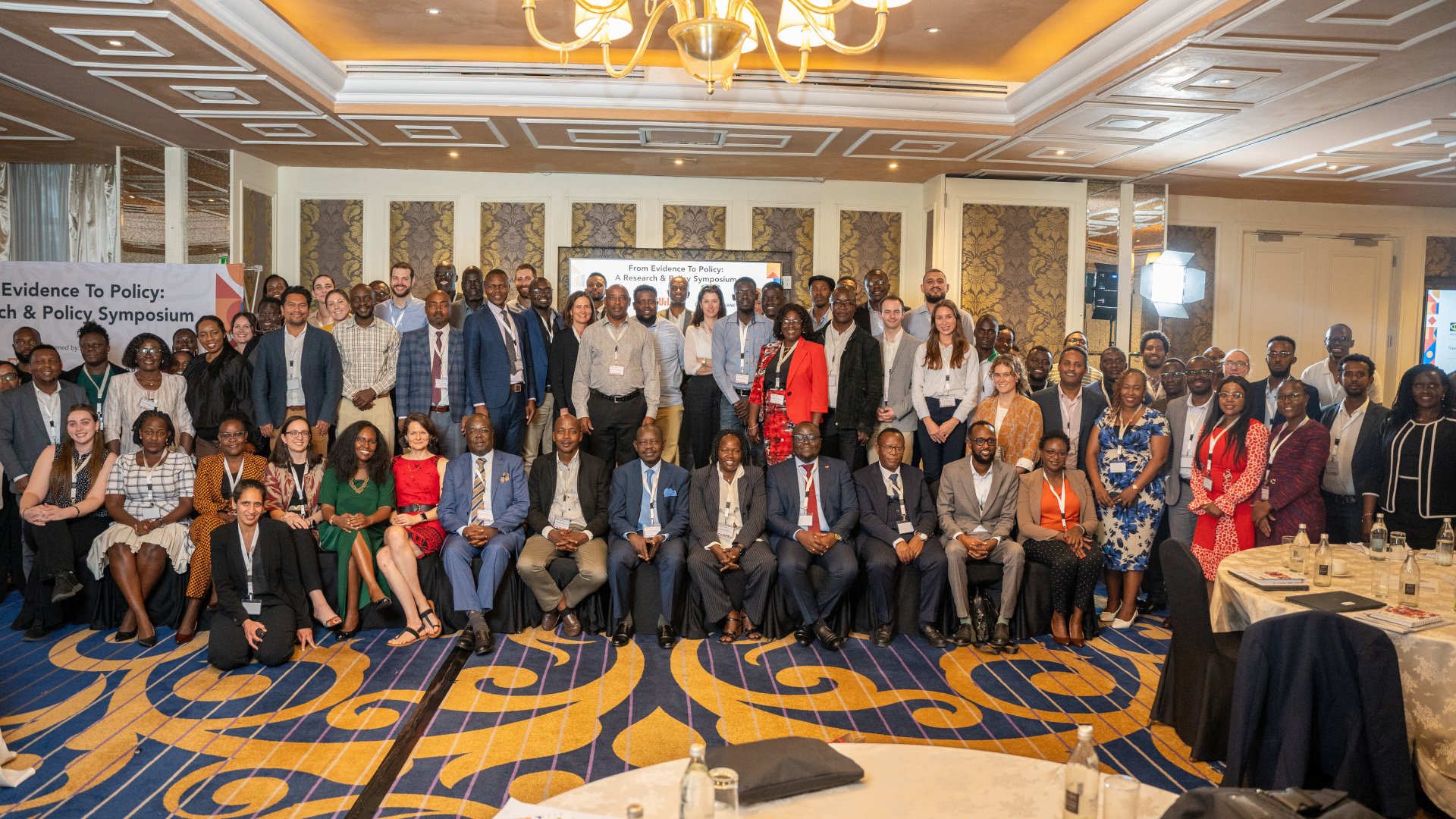

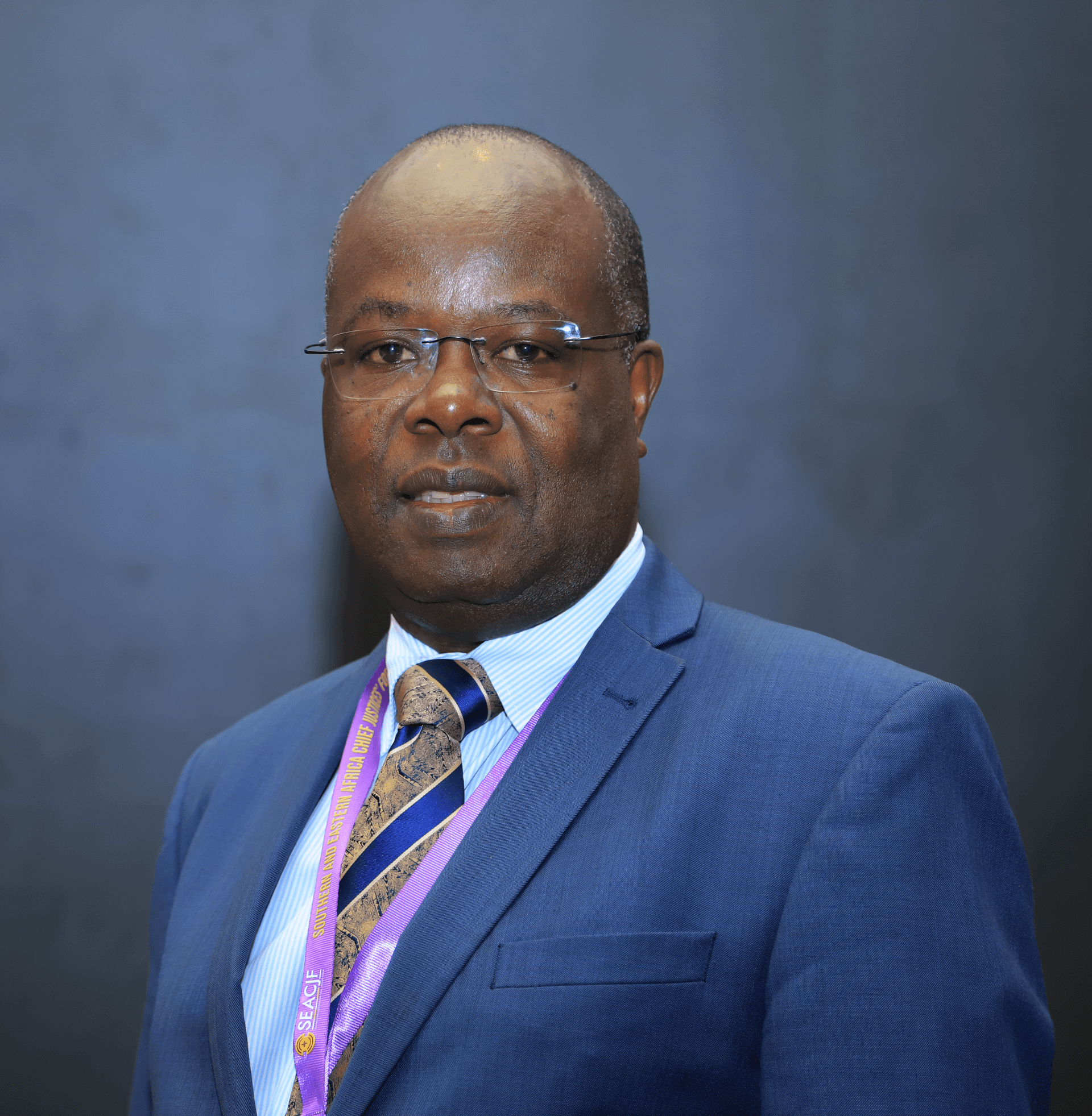
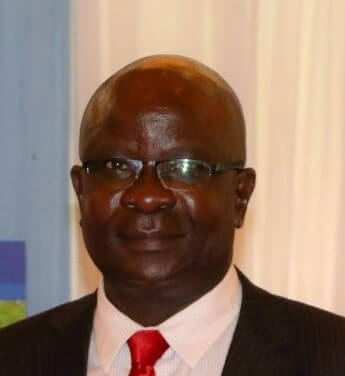
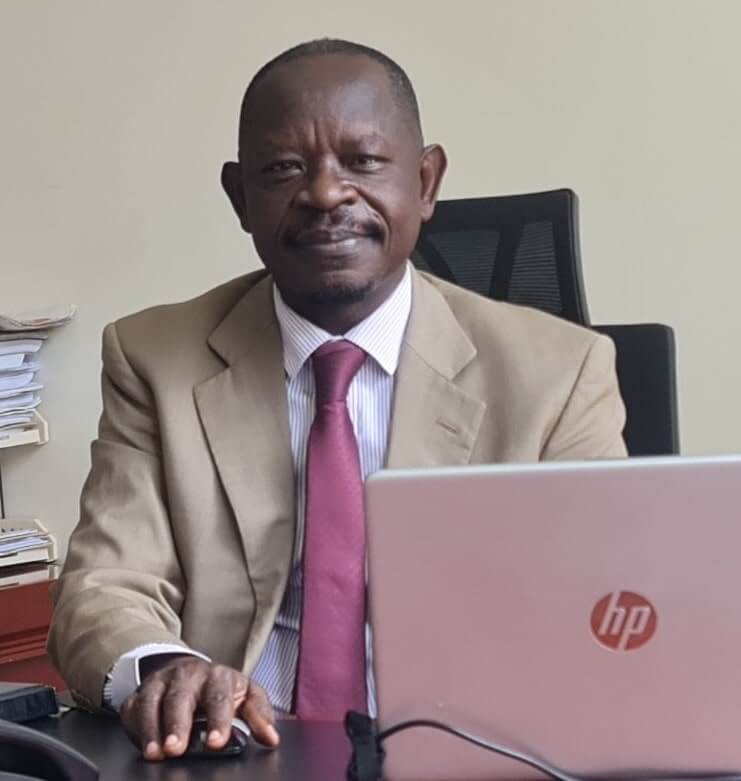
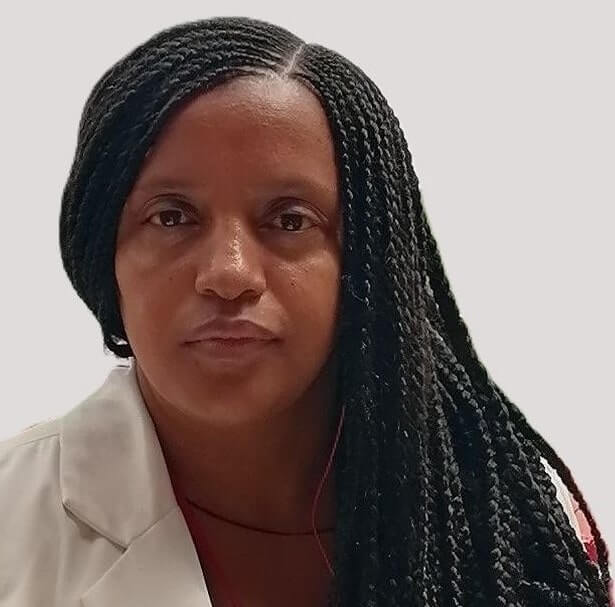
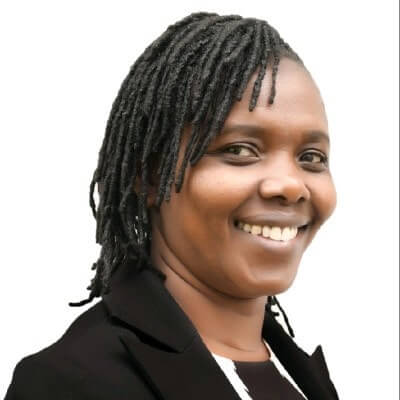
.jpg)




 and skills development, ILO.jpg)

 Coordinator.png)


